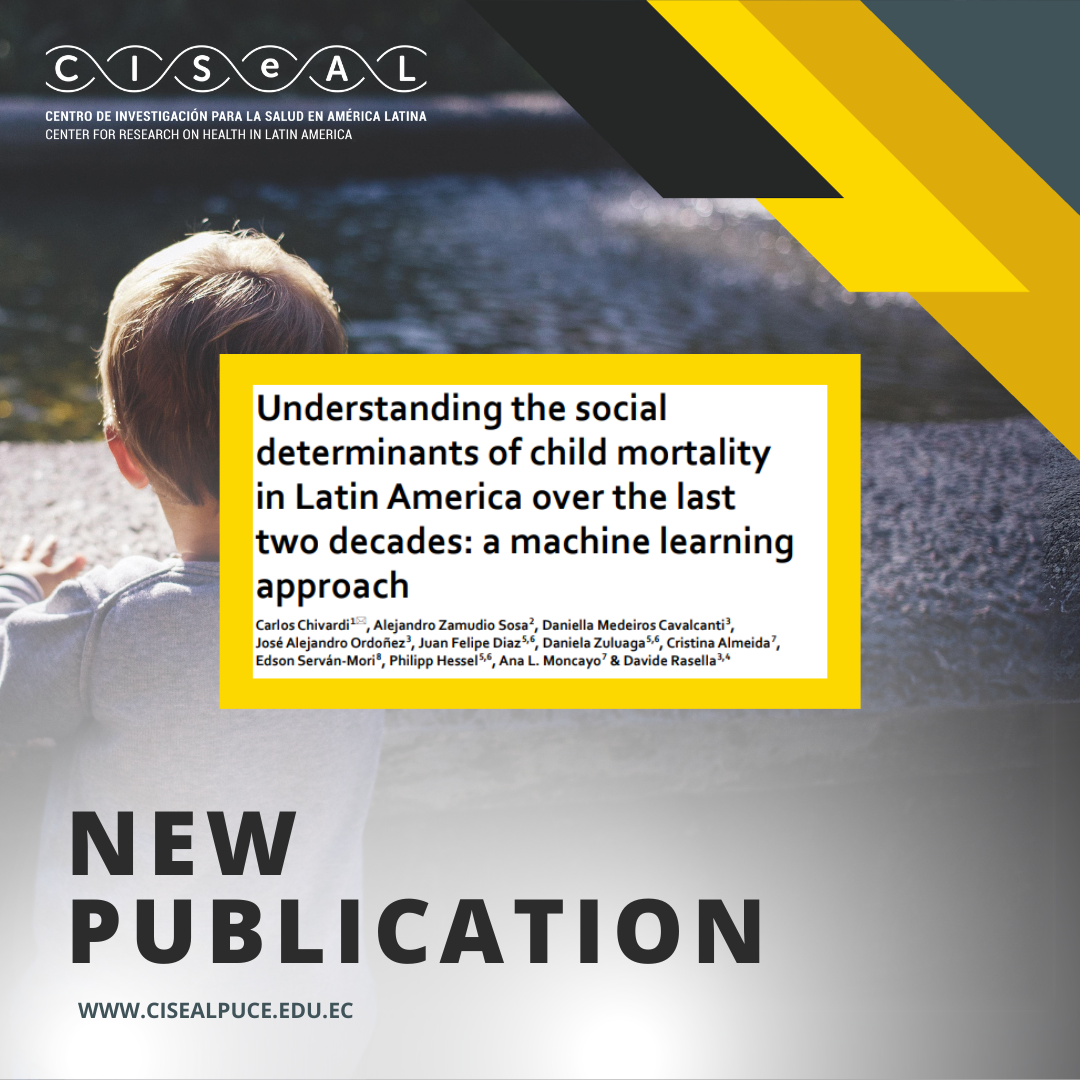
In the study in which our researcher Anita Moncayo is involved, the global challenge of reducing child mortality rates is addressed, especially in regions with high inequality, such as Latin America. Using machine learning (ML) algorithms, the relationship between social determinants and under-5 mortality rates (U5MR) in Brazil, Ecuador, and Mexico over two decades was explored. Employing a random forest model (RF), it was identified that poverty, illiteracy, and the Gini index were the most relevant variables for predicting U5MR. Furthermore, the existence of non-linear relationships, especially between the Gini index and U5MR, was highlighted. The analysis suggests that long-term public policies in Latin America should focus on reducing poverty, illiteracy, and socioeconomic inequalities to effectively address this public health issue.
This innovative approach, incorporating ML algorithms and extensive longitudinal data, allows for a more detailed assessment of the effects of social determinants on health compared to traditional models. The findings underscore the importance of considering factors such as poverty and educational level when designing long-term public health policies in the region. Ultimately, this study provides valuable insights into the relationship between social determinants and child mortality rates in Latin America, contributing to the necessary knowledge to effectively address this global public health challenge.
You are invited to read more about this topic here: https://www.nature.com/articles/s41598-023-47994-w



